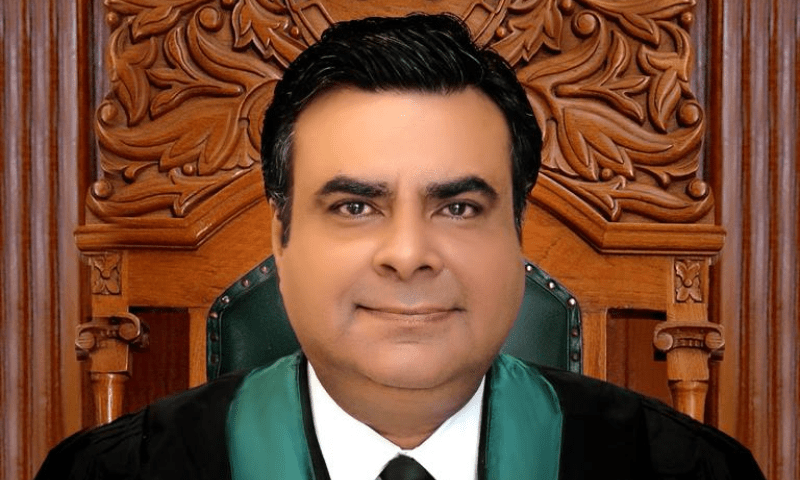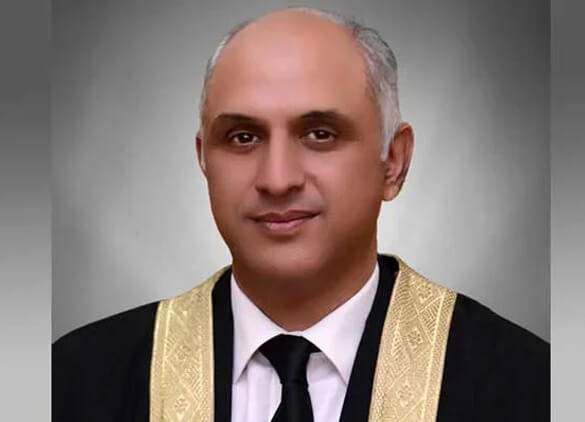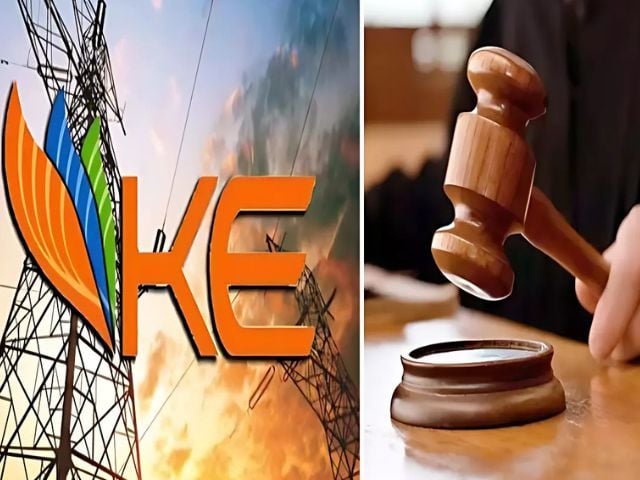LEGAL

The Karachi Bar Association (KBA) on Friday commended Justice Omar Sial of the Sindh High Court (SHC) for his refusal to join the court’s constitutional bench, citing concerns about seniority principles and judicial independence.
In a resolution passed by the association, the KBA welcomed Justice Sial’s decision as a “principled stance” against what it termed a “so-called constitutional bench” allegedly formed under external influences.
Justice Sial, in a letter addressed to Justice Muhammad Karim Khan Agha, head of the constitutional bench, expressed reservations about the bench’s composition. He emphasized the need for adherence to seniority when constituting such bodies, arguing that any deviation undermines judicial fairness and fosters perceptions of executive interference.
KBA’s Concerns About Judicial Independence
The KBA resolution strongly endorsed Justice Sial’s concerns, warning that the creation of benches without regard for seniority could erode public confidence in the judiciary. The association criticized the Judicial Commission of Pakistan for forming the constitutional bench, calling it a “violation of the seniority principle” and a move that disregarded the opinion of the SHC’s chief justice.
The KBA alleged that the formation of the bench appeared to serve the interests of the executive and politicians, tarnishing the judiciary’s image as an impartial institution. “As rightly pointed out by the learned judge, this has created a dangerous perception of executive interference in the judiciary and erodes the very fabric of democracy,” the resolution stated.
Criticism of Bench Selection
The association condemned the exclusion of eight senior SHC judges, asserting that they possess greater expertise in constitutional law than the appointee. It also criticized the long-standing association of the bench’s head with the ruling party in Sindh, claiming it undermines the judiciary’s independence by fueling suspicions of political favoritism.
“This is seriously harmful to the image of the judiciary,” the KBA cautioned, adding that judges must uphold their constitutional oath to protect and preserve democracy.
Impact of the 26th Amendment
The KBA linked the issue to the adverse effects of the 26th Amendment, which replaced five constitutional benches with a single bench in Karachi, increasing delays in resolving cases. It lamented the Supreme Court registry’s failure to expedite petitions challenging the amendment, further compounding the backlog of pending cases.
A Call for Judicial Integrity
The KBA highlighted that Justice Omar Sial’s decision to recuse himself sets a vital precedent for upholding judicial independence and seniority. The association called on other judges to follow his example, ensuring that the judiciary remains a pillar of democracy, free from external influence.




